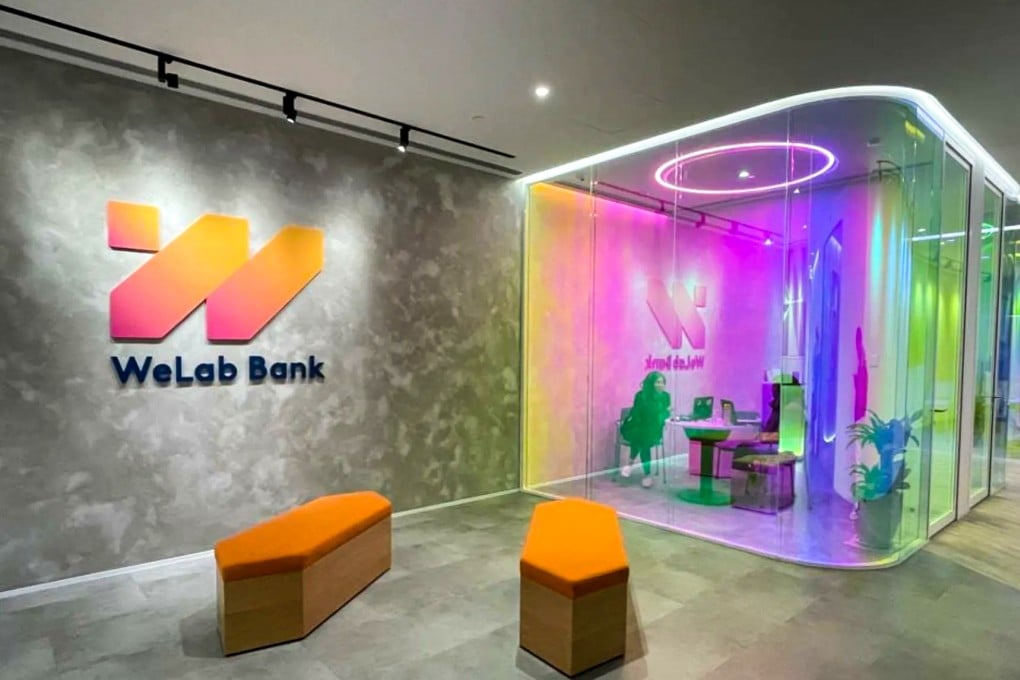Hong Kong digital lender WeLab expands to Southeast Asia via US$510 million acquisition of Indonesia’s Bank Jasa Jakarta
- Rapidly expanding WeLab moves into Southeast Asia with acquisition of Jakarta bank that operates 11 commercial branches
- The new owners plan to keep BJJ’s existing operations and to launch digital banking for the nation’s young, digitally savvy population next year

Hong Kong-based digital financial firm WeLab and partner investors have spent HK$4 billion (US$509.6 million) to take over an Indonesian commercial bank, with plans to introduce digital banking services in the Southeast Asian country next year.
A WeLab-led consortium called WeLab Sky, together with the financial unit of PT Astra International, an Indonesian conglomerate controlled by Jardine Matheson, has taken control of PT Bank Jasa Jakarta (BJJ). Each holds 49.56 per cent of the lender, according to a statement.
BJJ, headquartered in Jakarta and founded more than 40 years ago, operates 11 commercial bank branches in the Indonesian capital, serving individuals and small and medium-sized enterprises.
WeLab will keep BJJ’s existing operations, but will add digital banking services to tap Indonesia’s burgeoning population of tech-savvy young individuals and small companies, said Simon Loong, founder and group CEO of WeLab, in a media interview.

“Expanding WeLab’s digital banking presence across Asia, first in Hong Kong and now in Indonesia, has been one of our key strategic moves,” Loong said.